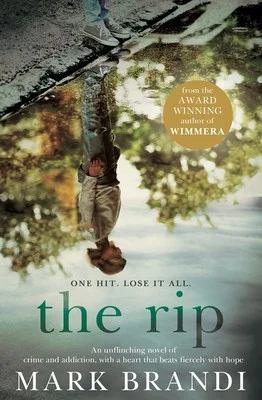First rate fiction from a writer to watch, writes Simon McDonald.
“Mina wondered what other secrets lay between these people, wondered if maybe every family was built on an intricate web of lies, or at least things people chose not to tell each other. She’d learned that not every truth deserves air: some truths were better smothered, extinguished before they could take hold and burn everything to the ground.”
Victoria Hannan’s seriously impressive debut Kokomo charts the complex, resilient relationship of a mother and daughter, and the toxicity of decades-long secrets finally surfacing. It’s a sharply-observed portrait of devastating loneliness and human fallibility, and what it means to belong.
When Mina’s agoraphobic mother leaves her house for the first time in more than a decade, she rushes from her life in London to be by Elaine’s side in Melbourne. On the one hand, it’s to commemorate her mother’s decision to unshackle herself from the house; on the other, it’s to untangle the mystery of why Elaine has chosen this moment to return to the world. But Elaine is reticent to explain, or delve into the agony of the past; and Mina’s homecoming engenders emotional fallout of her own with people she thought she’d left behind long ago.
Smart and sensitive, punctuated with moments of real humour, Hannan has crafted a novel in the mould of Anne Tyler’s finest work. Like Tyler, Hannan trades expertly in the themes of the struggle for identity, the lack of meaningful communication between loved ones, and individual isolation; and although it positively glows with poignancy, it’s somehow free of gross sentimentality. This is first rate fiction from a writer to watch.
Simon McDonald is the senior bookseller at Potts Point Bookshop. This review also appears at writtenbysime.com








